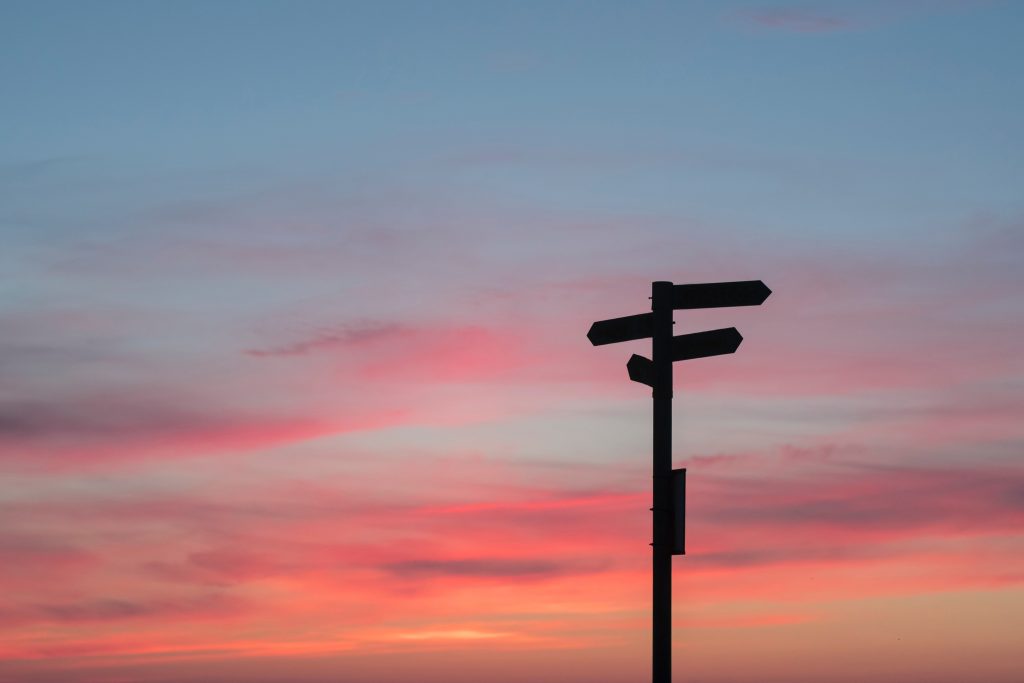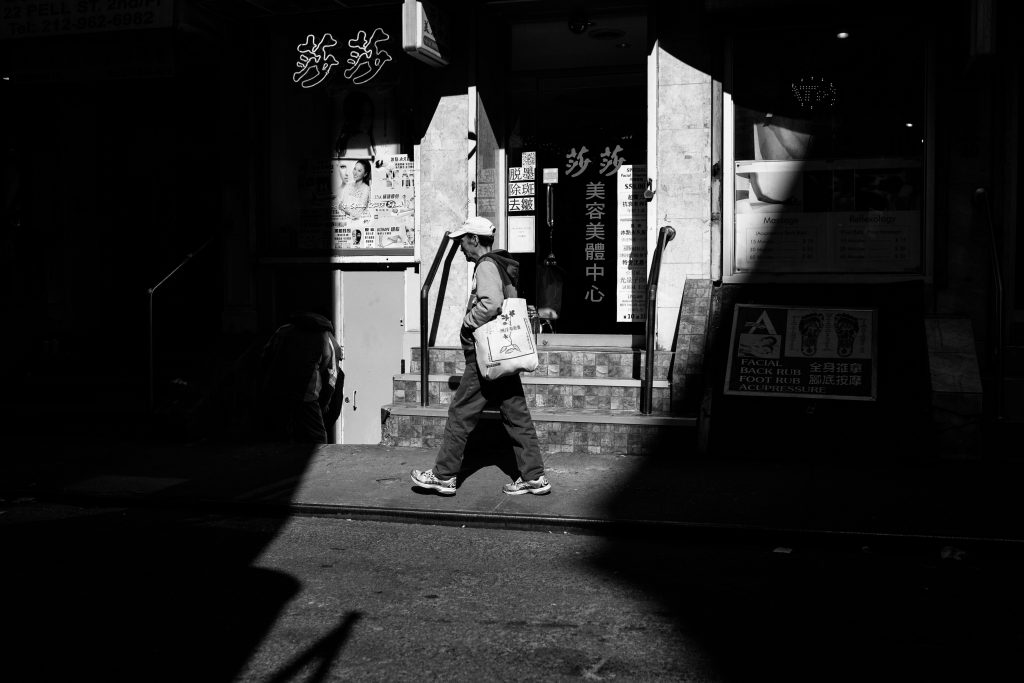
I read something in Emma Gannon’s the Multi-Hyphen Method yesterday (which I’m loving) about ‘How to Spot Burnout’. Five main points were:
- Noticing that you’re being cynical about everyone and everything
- Becoming apathetic, not caring that much about the outcome of a project
- Tasks that were once easy become difficult or overwhelming
- Physical symptoms such as illness, aches and pains, immune issues
- Isolating yourself and feeling a huge loss of energy
It hit a nerve. I’d always considered that I might have suffered burnout at one stage in my life but it sounded quite a grand way of describing what I’d seen as ‘a bit of a murky period’.
But the truth is, those five points describe how I was feeling. The thought of calling a potentially intimidating client bought me to tears – and I actually felt I couldn’t do it. I couldn’t pick up the phone to him.
I had no interest in work.
I’d go straight home and cry every day.
I developed a tick in my left eye that stayed with me for MONTHS.
And I didn’t want to socialise. I lost all sense of reality in terms of confidence and how good I was at my job. Everything felt too much, work, social life, everything.
So I left my job. Which I’d previously thought was something you just don’t do. But it reached the point where it felt like my only option.
I’m glad I did it. I turned things around. I took myself out of an environment that wasn’t doing me any good and I gave myself breathing space. It took time but I’m now in a much, much happier situation.
Sometimes you have to be brave, sometimes you have to take a risk. Sometimes you have to listen to your gut and do what you know deep down will be best for you.
Even if it seems crazy and risky and a massive mistake. Who knows? No one can predict the future.
But the worst is not taking action, and settling. Letting yourself get dragged deeper and deeper into despair or worse – indifference. Losing any zest you once had for your wonderful beautiful life.
***
I’ve you’d like to try a life coaching session with me, contact me here.
Photo by Roman Bozhko on Unsplash




